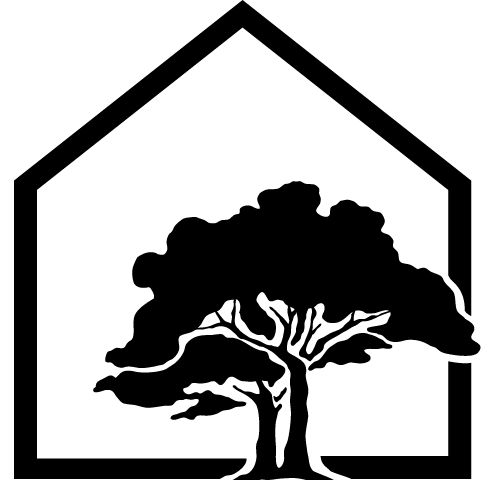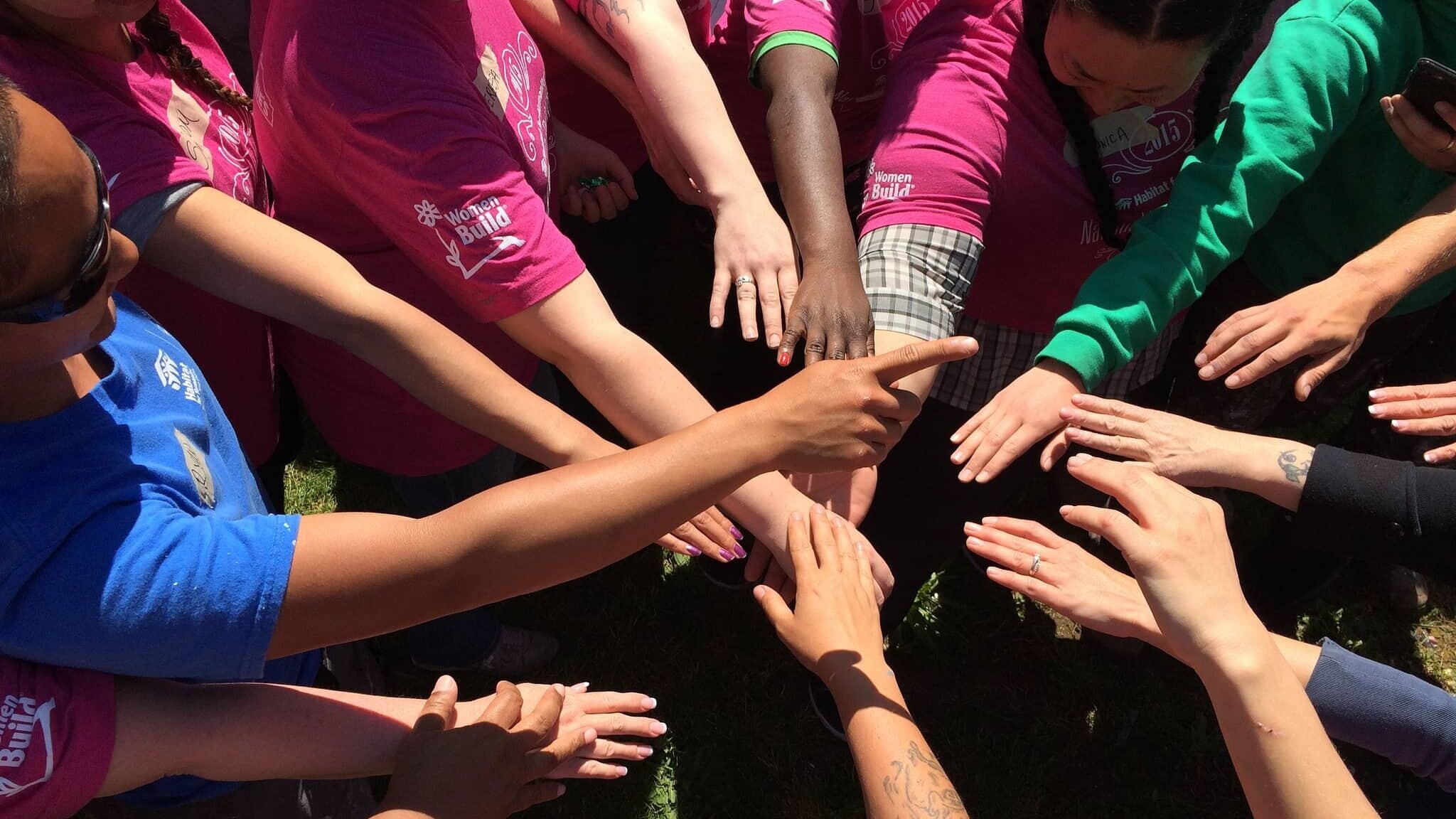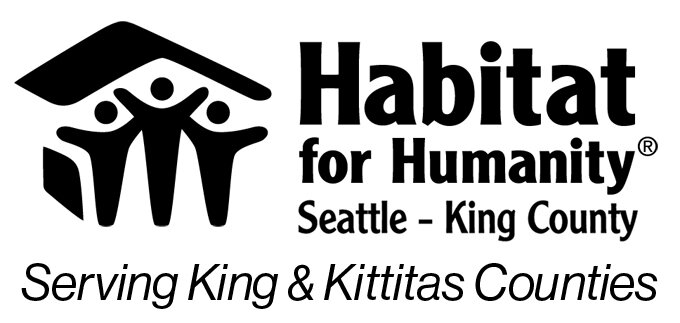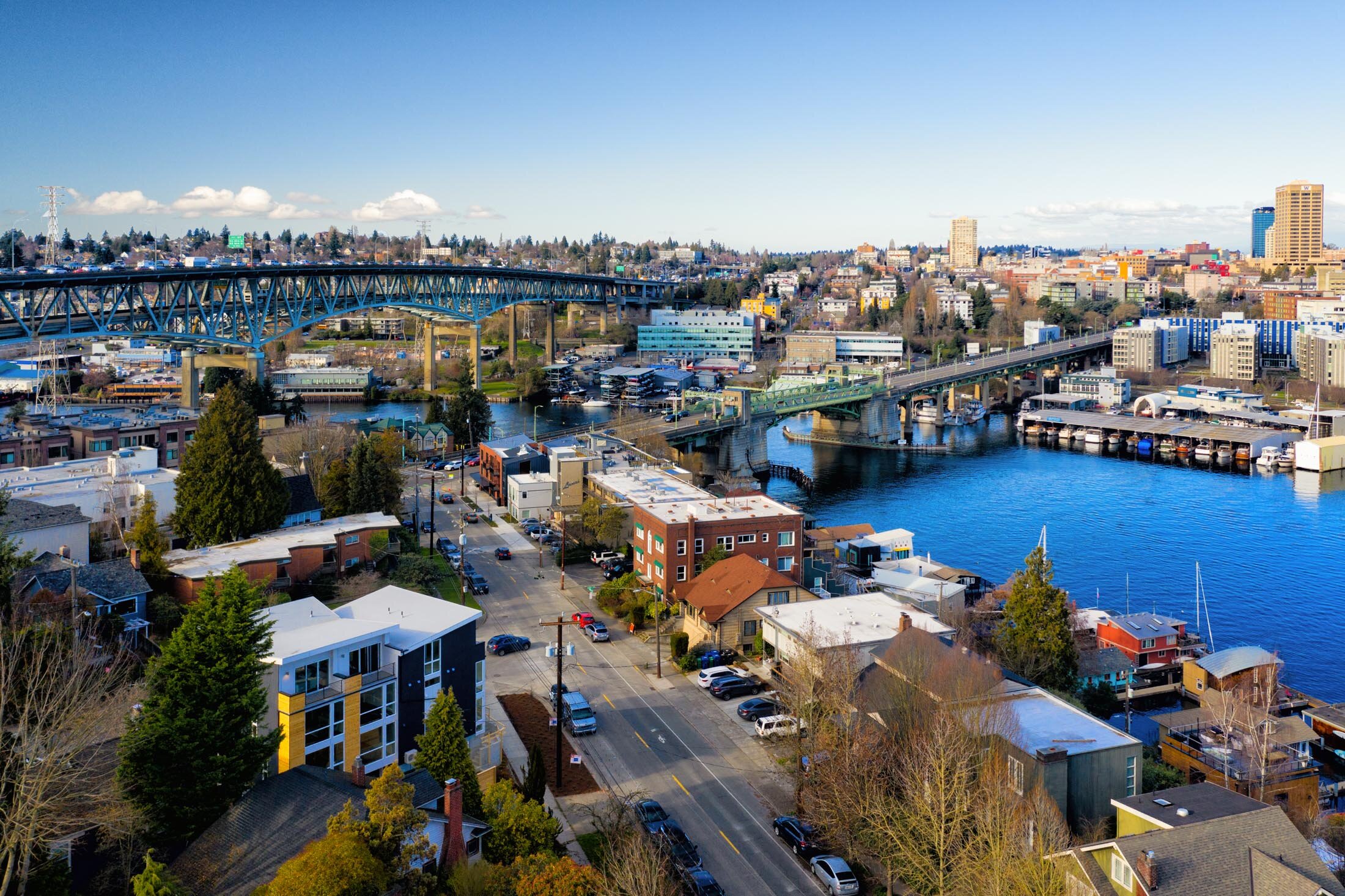Aaron Fairchild:
My Name is Aaron Fairchild and I am so honored to be up here to make an ask. But before we get into that all the rest of it I have a couple, few people I would like to recognize and thank.
Thank you to the Goodwill Baptist membership. While our first meeting down in the fellowship hall was at times tense and uncertain, what has never felt uncertain since is your commitment to living into your faith on those Sundays when you open your arms to my children, my wife, and me to join you in this sacred house of worship; the very beating and living heart of this community. You have opened your hearts to me and I am so grateful and humbled and I will be forever blessed. If it weren’t for all of you, I would not be here today advocating for your pastor and this community. None of us would be here. You have blessed me and all of us, and in so doing we share a blessed space.
I would also like to thank the members of the Nehemiah Initiative. You have been steadfast and committed. Meeting Tuesday after Tuesday, month after month and year upon year. The Pastors! Thank you for your participation in this journey of renewal – Pastor Noble, Broughton, Ransford, Maize and so many more, thank you. Without all of you we would not be here today.
I would like to thank the folks at the UW, starting with Renee Cheng the Dean of the CBE who caught the vision of the Initiative and its potential and championed it within the University creating the Nehemiah Studio. Al Levine, Rachelle Berney, Brandon Borne and of course Donald King thank you for your inspiring energy and passion for the effort you put into curating an amazing quarter of field work and discovery. And of course the students who poured their hearts and minds into the work that we are now building off as the catalyst development project at Goodwill begins to come to life. You all have been so inspiring to me and certainly without your efforts none of us would be here on this stage today. And of this Nehemiah family, I would especially like to recognize, Anne Stadler, our soul sister. You are an amazing force of positive energy and a well of deep wisdom. When you speak, everyone stops what they are doing and we listen, because what you bring adds so much value. Thank you Anne.
I would finally like to say thank you to Bishop. Bishop Tyson, my pew walkin’ preacher friend. What to say… what to say? I have been thinking about this conversation a lot over the last few days and my mind and my heart continue coming back to you. Over the last few years I have known you, you have demonstrated amazing courage and humility and at times the gifts of a fighter. But more often I see on displayed the gift of grace, love, and patience and understanding for those around you. You have trusted and remained open to me, your congregation and your community, and to our Nehemiah members - never forcing things. Rather you allow a heavenly energy to flow and guide you in a methodical and meditative manner. You are following flow my friend. With love and acceptance you invited me, all of us on this stage and many others to join you on this inclusive journey, and we will do whatever we can to not let you down and to be deserving of your love, patience, trust and understanding. Thank you, brother.
So now we can get into who I am, and all the rest of it…
So, who am I? My name is Aaron Fairchild and I am a PnW boy, and I run a company called Green Canopy. I came to my work through an earnest and sincere desire to help resolve the dichotomy between our civilization’s behaviors and the environment of which we are called to steward. However, along my journey I continue to learn more, and become more aware of the multitude of issues our civilization is facing that perpetuates this dichotomy. The most significant of these I believe is our inability to compassionately come together and to be whole.
In this historic year as we look out into the world it can often seem so dark. Recession, illness, voter suppression, death, and hardship seem to abound. This makes us feel anxious and at our worst, helpless. The system we live in is so massive and can feel crushing. In our little corner in the PnW, I know many of us are asking what can I possibly do that would have any impact on the unrelenting and often cruel march of world events? And so often the answer that we come to is, nothing. “How can I change the course of history for the better?” And so we reside back within ourselves and our privileged ability to join the largest majority in the world; those that acquiesce. Believing we are helpless and unable to positively change the world for the better, we hand our power to the powerful and the structures they control that then go on to act in our names. And so the world continues its brutal march, with those of privilege and power putting their beliefs into action – and more often than not those actions are destructive and designed to maintain powerbases of privilege and they work to separate us from each other.
We live in a time that the call to vulnerable, active, and critically aware citizenship could not be more urgent! A time where much needed inspiration has the ability to invoke in us the courageous, yet powerfully simple act of that little child who yells out in a mind numbed multitude, “but the emperor wears no clothes!” Often when a simple yet courageous action such as that is taken, it can have transformational power. However, when we yield to that feeling of helplessness, and say or do nothing, we conspire with cynicism and despair. When we yield to helplessness, we strengthen the hand of those that seek to hold us down and separate us for their own power. But when we take back our power and choose to see the healing possibility for renewal and transformation, we open up with greater clarity and our creative energy swells up and flows outward as an active force for good in the world. In this way, we, in our small and tucked away lives here in the PnW, can become powerful agents of transformation in an American culture that is broken and in a dark time. We need to counter this current culture with a movement of wholeness.
One of the counter-culture gurus of the 1950s and 60s – Gary Snyder, who is still alive today in his 90s, once said…
To resolve the dichotomy of the civilized and the wild [the environment we are called to steward], we must first resolve to be whole.
Gary Snyder
This is what I am talking about! This is what Black Lives Matters is talking about. The simple and courageous desire to be whole. When we know that something isn’t right, and we feel helpless, we aren’t whole. But here is a pathway to wholeness… Luke Chpt 15, the parable of the lost sheep! Jesus says, when you have 100 sheep and you lose one, don’t give into helplessness and say, “well at least I got my 99!” No, he instructs us that it is really quite simple. It requires just one foot in front of the other and the courage that true compassion inspires to take that step and walk out into a dangerous world and lift up the sheep that has been left behind. Not because the 99 don’t matter! But because the one life left behind matters. And we are not whole until we come back together.
The story of how Bishop and I met is for another time. But I will share that when we met, he invited me to join him on a journey that is counter to this current ‘gotchya’ culture of separation; I would like to invite you as well. It is a journey that Bishop Tyson began 27 years ago when he answered God’s pastoral calling, to go from one coast of this country to the other with love, compassion, patience and tolerance and to inspire within all of us, and those that have been left behind, the courage, born from compassion, to have faith and to not give into to our sense of helplessness, but to join him in a Beloved journey of empowerment.
Within the broad and inclusive approach the Bishop has taken to develop this community’s land is an opportunity for us to share wholeness. It is an opportunity for all of us, to take one compassionately courageous step and join this effort by committing ourselves and our money to see this vision through. So please, this is important, projects like this are important for healing. And they don’t come around very often! When they do, they point the way for others to counter this current culture. When a great body of people such as us come together in love and compassion to demonstrate what we can build together, it has the ability to create a great wave of love to wash over others and inspire them to throw aside their helplessness, to take that first courageous step forward, and to lift up those that have been left behind and be whole. Please join us by contributing whatever you can afford… X2! J Go to the Church’s Givelify site and give. Write a check and mail it to the church. Call me or Bishop or someone you know associated with this community and take one step closer to being whole by giving to this community. Thank you.


























